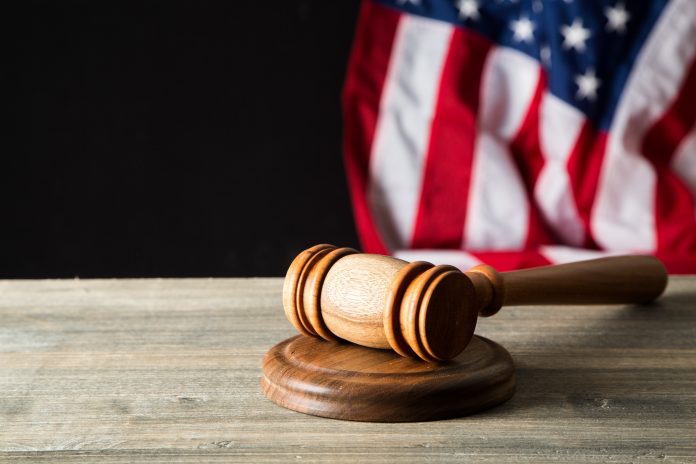
It has not been unheard of for cities, states and groups to sue large fossil fuel companies over climate change and the effects it is allegedly having around the world. While those cases tend to fizzle out over the years, there have been dozens filed recently.
Everywhere you look
Eight cities and counties in California, New York City, municipalities in Colorado and Washington state, Rhode Island, Delaware, Massachusetts, Minnesota and Connecticut, among others, are suing for mitigation for the construction of sea walls to combat sea-level rise, forest fires, droughts and floods – all the way to being sued for being a public nuisance. There are billions of dollars at stake in these lawsuits.
Several cases have been thrown out, with the courts claiming it to be a matter for Congress to decide. The fossil fuel companies also want these cases out of the state courts. That is why they were happy to hear the United States Supreme Court announce it will be hearing the climate change vs. big oil case next year.
The Supreme Court Will Decide
But it isn’t exactly like it sounds. The Supreme Court will not be deciding how real climate change and its effects are. They will be deciding a matter of precedence. Their decision will determine if lawsuits, like those mentioned above, will be heard by the states or federally.
The nomination of Amy Coney to replace Justice Ginsberg could be advantageous for oil and natural gas companies. But the upcoming elections could also have a say in the outcome. Several in the Democratic party have vowed to prosecute fossil fuel executives.
Many, not just fossil fuel executives, feel that these lawsuits are more of a distraction than a help to the environment. It seems to be a finger-pointing contest rather than the righting of a wrong. “Lawsuits are precisely the wrong mechanisms to determine the appropriate way to address climate change,” said Scott Segal, an attorney with Bracewell LLP. “It is impossible to determine what emissions source results in what harm, meaning that causation is impossible to determine.”














